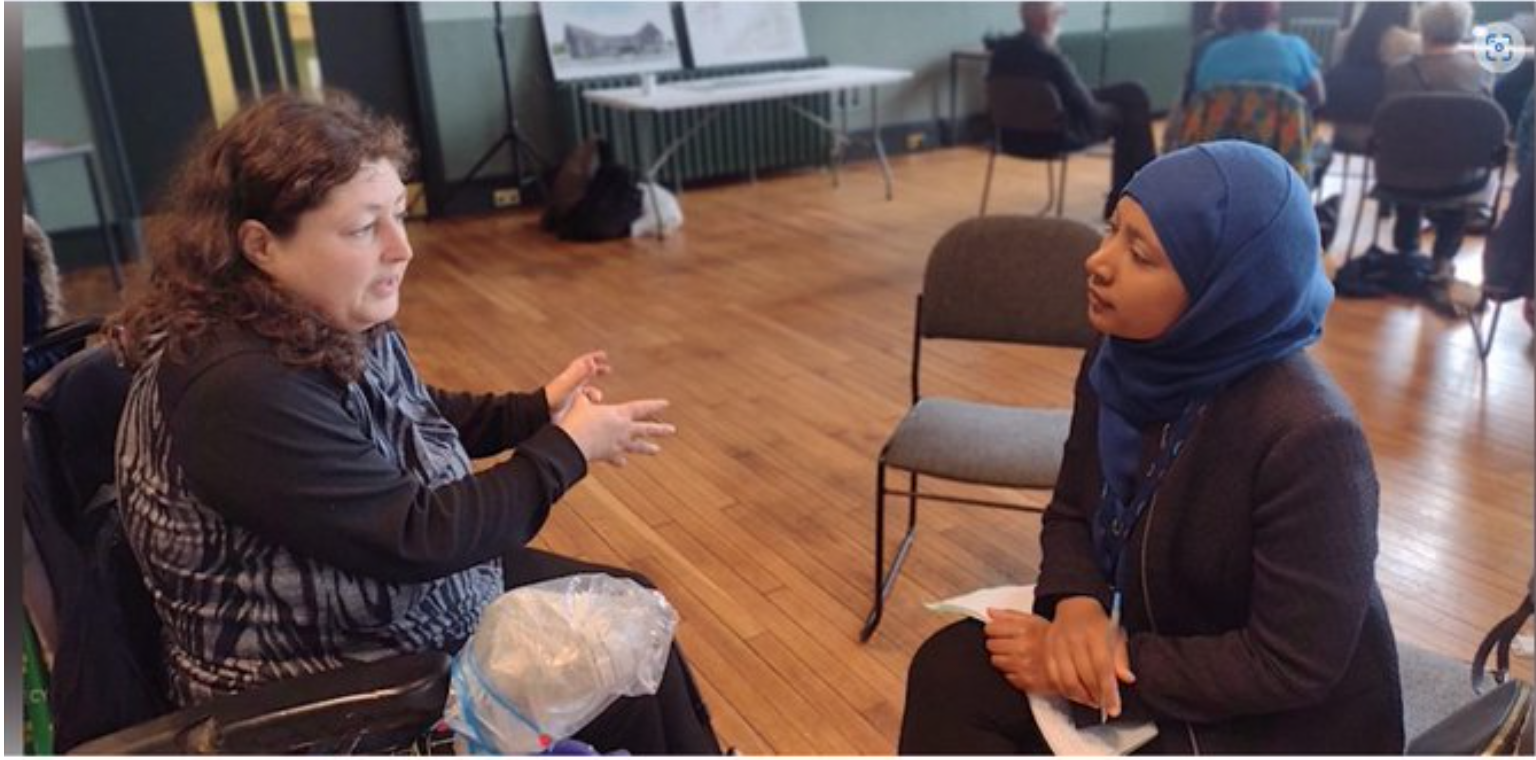Safeguarding public voice in planning in the Covid era
A joint statement by Just Space, CPRE London, Friends of the Earth and London Forum of Amenity and Civic Societies
The new Covid-19 regulations for Local Authority meetings risk undermining the community’s role in the planning process, as decisions could be made in virtual committees and closed meetings for up to one year.
The way the planning system operates, like so much else, is going through significant change as a result of the Coronavirus. It is vital that the process is not distorted in ways which disadvantage the vital role of community groups in informing local planning decisions.
While planning has an important role to play in economic recovery, we have found serious dangers in the way in which some councils are changing their decision-making processes, which could result in long-term damage to the interests of local communities and to the environment.
Our rapid review reveals that Councils are interpreting the new rules for virtual meetings in very different ways. Some are re-assembling their planning committees online, while others will make key major planning decisions in closed meetings or increase delegation to unelected planning officers. The ad hoc access to the democratic process creates an unfair ‘postcode lottery’ for local communities.
Under normal circumstances major planning decisions are made by a vote in open meetings of elected councillors, with speaking rights for applicants and objectors.
Fairness and transparency are fundamental to every Local Authority’s constitution and to planning policy. These principles risk being eroded.
We are calling on the Secretary of State and Local Planning Authorities to safeguard the role of local communities in the planning process and ask them to respect six key principles:
1. No planning application normally decided by a committee should be decided using delegated or executive powers.
2. Virtual meetings should be reliably live streamed on video, with speaking rights for public objectors / third party representatives, as with normal committee meetings.
3. Councils should produce a report setting out how, under the Covid-19 regulations, they will follow best practice for the involvement of communities, particularly disadvantaged communities and those with less access to technology and broadband.
4. Councils should create, and promote widely, a designated website page giving full information on upcoming meetings and consultations, providing clear guidance to communities and third parties on how to take part.
5. Councils should look to extending deadlines attached to the determination of planning applications and responding to consultations.
6. Any public referenda or votes associated with Estate Regeneration should be put on hold until there is a reliable, democratic way to vote, as has happened with the referenda for Neighbourhood Plans.
The role of Government
The Ministry of Housing Communities and Local Government (MHCLG) must do more to recognise the important role of communities in decision-making and to highlight the risks of failing to engage local communities. The input and expertise of communities and third parties can be critical to the creation of better, more resilient developments.
We are calling on Ministers to temporarily relax or extend deadlines for the determination of planning applications, to take the pressure off councils while they make the necessary changes to their systems, and to provide further guidance to them.
The pressure to keep the economy moving is not a reason to allow short-term, environmentally-damaging development that we may live to regret.
Click here to tell us how you're being affected by the current crisis...
12 May 2020





